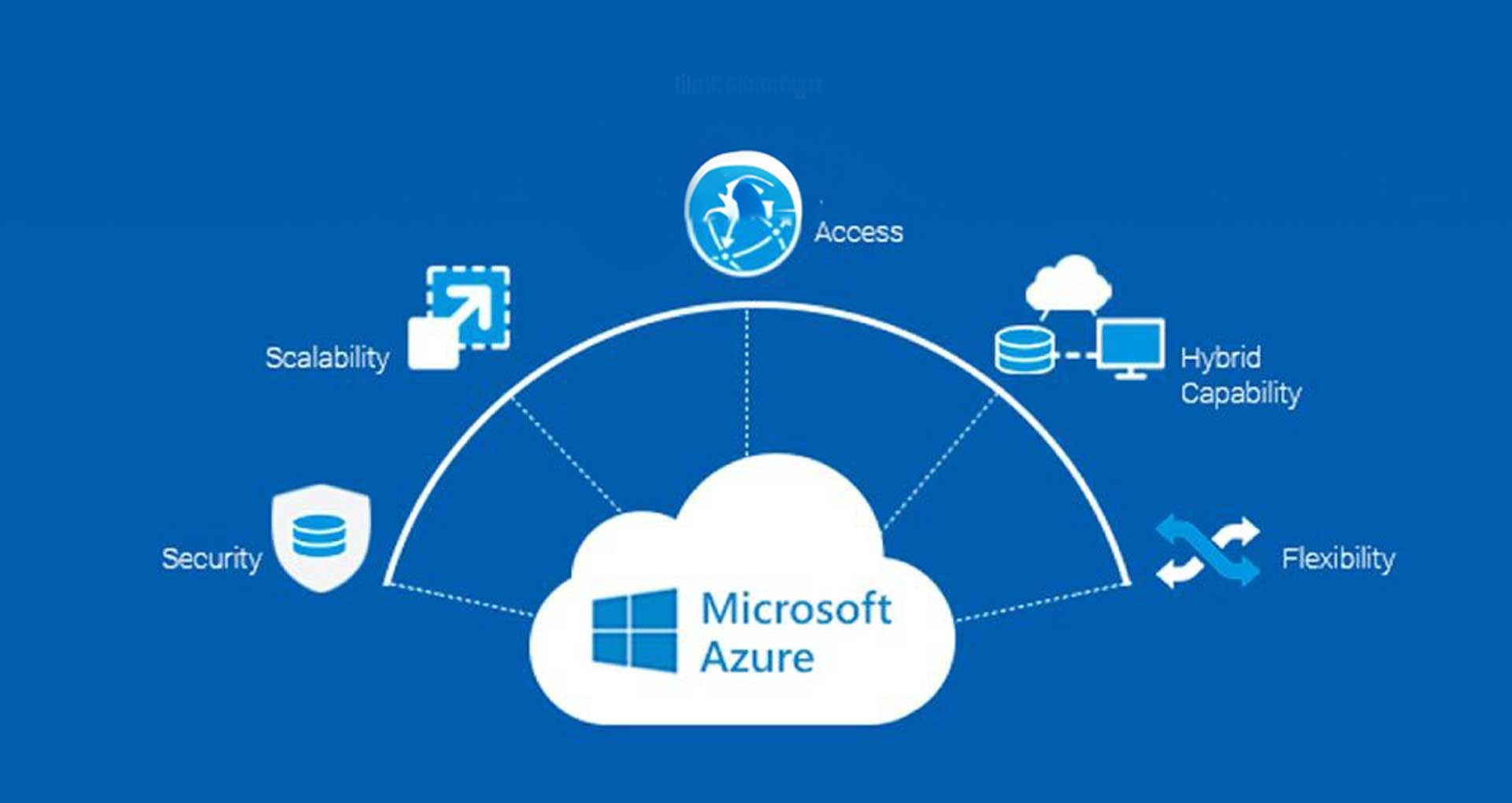In recent years, we’ve witnessed an increase in the adoption of cloud technologies across all kinds of enterprises – small, medium, or large. The cloud data warehouse (DWH) market has grown tremendously in recent years, with organizations increasingly turning to cloud-based solutions to store and manage their data. The ability to scale resources up or down quickly, pay only for what is used, and access data from anywhere has made cloud data warehousing an attractive option for businesses of all sizes. As we move into the future, the cloud data warehouse market share is expected to continue its growth trajectory, with several emerging trends likely to shape the industry.
In this blog post, we will explore the current state of the cloud data warehouse market and future trends that are likely to influence its future.
Did You Know?
- Cloud data warehouse market size to increase by USD 17.74 billion between 2022 and 2027
- North America will account for 48% of the market growth
IndustryARC report for the forecast period 2023-2028 suggests;
- Large-scale enterprises will focus on DWH management & storage during 2020-2025
- The rising number of investments in IoT applications and their impact on the IT & telecom industry will create significant opportunities for cloud DWH during 2021- 2026
Why Cloud Data Warehouse?
Cloud-based data warehouses allow organizations to focus on running their businesses rather than driving a server room. The cloud’s scalability, usability & interoperability allow business intelligence teams to extract actionable insights for quick, data-driven decision-making.
Listed below are some of the many reasons that suggest why moving to a cloud data warehouse can make sense, including:
- Scalability: Cloud data warehouses allow businesses to scale up or down their data storage and processing needs on-demand without investing in new hardware or software. Companies can quickly adapt to changing data volumes and workloads without incurring additional costs.
- Cost-effectiveness: Cloud data warehouses typically operate on a pay-as-you-go pricing model, where businesses only pay for the resources they use. It can be more cost-effective than on-premises data warehouses, which require significant upfront investments in hardware and maintenance.
- Accessibility: Cloud data warehouses can be accessed from anywhere with an internet connection, making it easier for remote teams to collaborate on data analysis and reporting. Additionally, cloud data warehouses can integrate with a wide range of third-party tools and services, making it easier to connect to other data sources and perform advanced analytics.
- Security: Cloud data warehouses offer advanced security features such as data encryption, user access controls, and automated backups, which can be more robust than most businesses can achieve with on-premises data warehouses.
- Reliability: Cloud data warehouses are designed to be highly available and resilient, with built-in failover and disaster recovery capabilities. Businesses can rely on the cloud to keep their data safe and accessible, even during a hardware failure or natural disaster.
The migration to a cloud data warehouse enables businesses to reduce costs, increase scalability, improve accessibility, enhance security, and ensure reliability. Explore the basics of cloud data warehouse – features, benefits, software, and more to learn why to move to cloud DWH & how to choose the right data warehouse service providers. Now that we’ve established that let’s discuss the future of data warehousing.
Future Trends In Data Warehousing
The future of cloud data warehousing looks promising as more and more organizations are adopting cloud-based solutions for their data storage and processing needs. With enterprises on their journey for modernization, the following trends will provide a perspective into the future of data warehousing & how they can leverage it.
- Increased Adoption Of Serverless Computing: Serverless computing allows developers to write code without worrying about the underlying infrastructure. This approach reduces the complexity of managing servers and can lower costs. Cloud data warehouses will likely adopt serverless computing for easier data processing and analysis.
- More Integration With Artificial Intelligence And Machine Learning: Cloud data warehouses can use machine learning and AI capabilities to enhance data analytics. These technologies will enable data warehouses to automatically process large amounts of data, identify patterns, and make predictions.
- Expansion Of Multi-Cloud Capabilities: The ability to use multiple cloud providers to store and process data will become more common in the future. It will give organizations more flexibility in choosing the cloud providers that best meet their needs and reduce the risk of vendor lock-in.
- Improved Security And Privacy Features: As data privacy regulations become more stringent, cloud data warehouses must implement better security and privacy features. These features will include stronger encryption, access controls, and auditing capabilities.
Final Words
In conclusion, data warehousing is essential for businesses to effectively store, manage, and analyze their data. Sooner, all enterprises will start to invest in cloud data warehouses that will serve as a hub for deriving value through insights. It will also serve as an epicenter for all data sharing for different use cases across enterprises. The need for real-time data processing, data democratization, and enhanced data security has also been a driving force for developing new technologies and approaches. As businesses continue to generate massive amounts of data, the importance of data warehousing and the need for innovative solutions will only continue to grow. However, performance will continue to be a critical evaluation criterion enabling enterprises in faster and real-time decision-making. As such, keeping up with the latest cloud data warehouse trends and developments is crucial for businesses looking to stay ahead of the curve and gain a competitive advantage.








